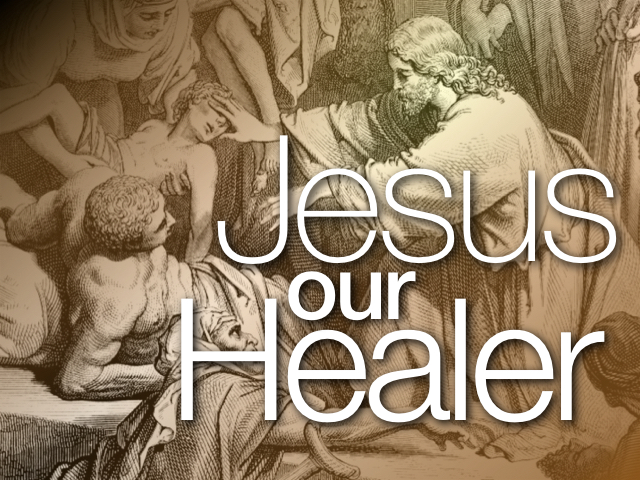
Short answer: Yes.
Way longer answer: He does, but he never states the specific words ἐγώ μεσσίας/égo messías, “I’m Messiah”; nor the words ἐγώ Χριστός/égo hristós, “I’m Christ,” in the bible. And doesn’t have to. This passage, fr’instance, shows he clearly identifies himself as Messiah.
- John 4.25-26, 28-29 GNT
- 25 The woman said to him, “I know that the Messiah will come, and when he comes, he will tell us everything.”
- 26 Jesus answered, “I am he, I who am talking with you.”
-
- 28 Then the woman left her water jar, went back to the town, and said to the people there, 29 “Come and see the man who told me everything I have ever done. Could he be the Messiah?”
Jesus’s statement can either be translated “I’m the one talking to you” or “I am; the one talking to you.” But either way he clearly means he’s the Messiah of whom the Samaritan at the well was speaking. She expects Messiah to make things clear; well here he is, trying to do just that, if she’d listen.
Likewise when Jesus’s best student Simon Peter also identified him as Messiah:
- Matthew 16.13-17, 20 GNT
- 13 Jesus went to the territory near the town of Caesarea Philippi, where he asked his disciples, “Who do people say the Son of Man is?”
- 14 “Some say John the Baptist,” they answered. “Others say Elijah, while others say Jeremiah or some other prophet.”
- 15 “What about you?” he asked them. “Who do you say I am?”
- 16 Simon Peter answered, “You are the Messiah, the Son of the living God.”
- 17 “Good for you, Simon son of John!” answered Jesus. “For this truth did not come to you from any human being, but it was given to you directly by my Father in heaven.”
-
- 20 Then Jesus ordered his disciples not to tell anyone that he was the Messiah.
Again, Jesus doesn’t straight-up call himself Messiah, and doesn’t need to: Peter did. And Jesus praised him, and told him he got this knowledge from the Father; it’s true. He never tells his students Peter was wrong; in fact why would he say laudatory things about Peter if he were wrong?
But: Shut up about it. We’re keeping this info private for now.
But it certainly was no secret. Plenty of other people recognized Jesus is Messiah, and used all the usual biblical euphemisms for Messiah there was.
Messiah (Heb.
מָשׁיִחַ/mašiyakh)
literally means “anointed,” usually someone who’d had a liter of oil dumped over his head to signify the Holy Spirit had put them in a position of leadership. They did this to ancient Israeli kings; therefore all the kings were messiahs. Yep, even Saul ben Kish, which is why David regularly refused to harm him. Didn’t matter how messed-up Saul behaved; he’s the LORD’s messiah. 1Sa 24.6, 26.11, 2Sa 1.16 And it doesn’t matter what “messiah” literally means; it means king.
So Israelis would call Jesus “king.” Lk 19.38, Jn 1.49 And “son of David” Mt 22.42, Mk 12.35 —not because they actually knew Jesus’s ancestry, but because people widely understood the Messiah-like-David would be David’s successor, and therefore David’s descendant.
People also called Jesus “son of God.” Mt 26.63, Jn 20.31 Since we Christians know Jesus is the literal son of God, we regularly—and wrongly—miss what ancient Judeans meant by this: “Son of God” is also one of Messiah’s titles. Comes from Psalm 2, which declares:
- Psalm 2.7-9 GNT
- 7 “I will announce,” says the king, “what the Lord has declared.
- He said to me: ‘You are my son;
- today I have become your father.
- 8 Ask, and I will give you all the nations;
- the whole earth will be yours.
- 9 You will break them with an iron rod;
- you will shatter them in pieces like a clay pot.’ ”
Once you learn Messiah means king, and learn to recognize all this Messianic language, when you read the gospels you’ll see it everywhere. Doesn’t matter how much Jesus tried to keep it quiet.





